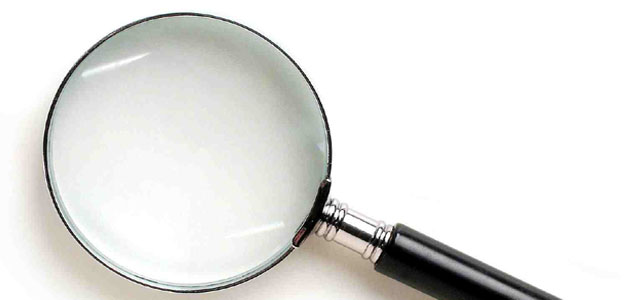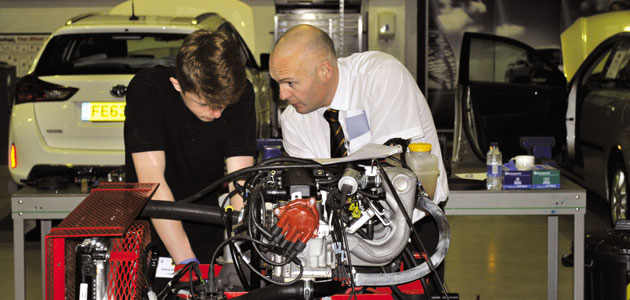
In a recent issue of PMM we took the decision to dedicate a significant amount of our valuable magazine space to a subject that fully deserves such a spotlight – the claims of ‘OE-matching quality’ from a growing number of aftermarket parts suppliers and the onus of proof that sits alongside this.
The topic isn’t a new one to ourselves, or indeed our readership, yet it still continues to dominate conversations we’ve been having with suppliers, distributors and independent garages alike; many of who share a common frustration with the ease at which parts manufacturers can market and sell products that pertain to match the quality of the original component fitted to the vehicle when, in some cases, they clearly do not.
The implications – as far as workshop BER compliance is concerned – are covered in a ‘Special Report’ article featured in the magazine but the whole subject is, in reality, much more far-reaching than that. BER and OE quality claims aside, the bigger debate lies in the fact that the practice of quality ‘self-certification’ is allowed to go on in the first place and the common consensus seems to be that unless ALL parts standards are able to be tested and measured independently then the car owner, garage technician and distributor will, in essence, be taking a supplier at their word.
Do you believe everything that everyone tells you in life? What about the guy down the pub who claims his missus is a Page 3 stunner and he used to play for Manchester United? 9 times out of 10 those sharing a beer with him would demand proof of such grandiose claims. So why should the parts supply sector be any different?
Those that can affect this particular area – namely the organisations that look after the interests of the IAM as a whole – seem resigned to the fact that producing and overseeing testing standards and audits that could cover the vast rainbow of automotive parts and systems is both conceptually and financially unattainable.
Whether that reasoning is correct or not, the industry can’t afford to sit on its hands and wait for that day to come. Some parts suppliers have decided to take their own lead in this area and we expect the messages coming from this particular channel to gather momentum as the year goes on. But is there something that garages and distributors can do to help themselves?
We’ll cover this in more depth in a later issue of PMM, but a glance across the pond at our friends in the US IAM might provide a decent blueprint for future UK attitudes. In 2009, on the back of an investigation into the overall image of the US aftermarket, our American cousins – in the form of a council that featured figureheads from a number of key aftermarket suppliers – launched the ‘Know Your Parts’ campaign.
In basic terms this was a call to action for distributors and workshops to find out more about those companies and brands that are supplying parts into the IAM. To assist in this, a selection of ‘supplier evaluation standards’ was drawn up as a guide for parts distributors and technicians to follow and it was recommended that this was utilised on every occasion where the use of a supplier, who’s merits weren’t familiar to the individual(s) in question, was being considered.
This checklist included some detailed questions that every ‘channel partner’ (the supplier-distributor-garage links in the chain) should know about a supplier (besides price) and covered areas such as: product specs & quality; application research & catalogues; product availability & distribution; and technical support & training. This could then be used as a mechanism to make an informed decision about using said supplier.
Do we think that a similar campaign to the one pioneered in the US would work over here? Only time will tell but it’s becoming clearer that industry ‘self-policing’ (currently) is the only viable way forward for our sector and as much as it may eat into the time spent ‘doing the day job’, garages and distributors should make it their business to be fully invested in this process.









